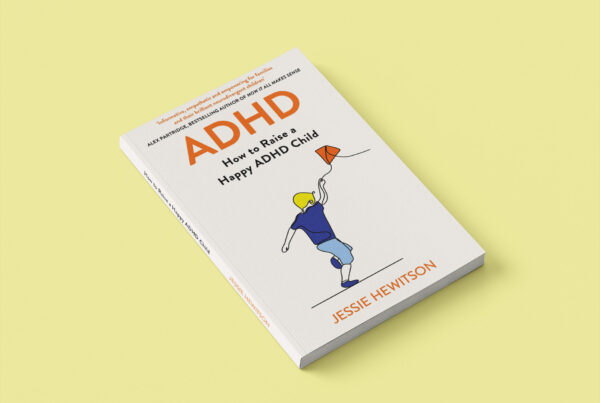Summer holidays are supposed to be a time for fun and freedom, but for lots of families, it’s not always that simple. Without school, the usual structure disappears. Days feel long, routines go out the window, and social patterns shift. For children who rely on predictability, get overwhelmed in groups, or find sudden changes hard to handle, the break can feel more unsettling than relaxing.
Some kids thrive with fewer demands and enjoy doing things at their own pace. Others feel completely lost without the steady rhythm of the school week. Even children who found school tricky might miss its familiarity. And while some teens are out living their best summer lives, others feel out of sync or unsure what to do with themselves.
The good news is that a few small steps can go a long way in helping children and parents feel calmer, happier and more connected over the break. One idea worth adding to the bank is the ‘Playground Buddy’ app. It maps out local parks, as well as including descriptions and photos of the equipment. Can’t beat knowing exactly what you’re in for! One parent even called it ‘an absolute game changer’.
Five Summer Tips for Primary-Age Children
Younger children often like to know what’s going on and when. When school finishes, the world can suddenly feel a bit too open ended. Some little ones love doing their own thing and prefer solo play, while others might miss the buzz of the classroom even if friendships were a bit wobbly.
Here are a few gentle ways to help younger kids feel more at ease during the summer.
1. Keep Days Easy to Predict
A simple daily rhythm can work wonders. Use pictures or words to show what’s happening that day. Even something like breakfast, playtime, snack, lunch, quiet time and dinner can bring a sense of calm and confidence.
2. Hold Onto Familiar Routines
Just because school is out doesn’t mean bedtime has to change. Keeping mornings and evenings roughly the same helps children feel settled, even when the middle of the day is more flexible.
3. Plan Quiet Catch Ups
If big playdates are too much, try short and relaxed visits with one friend at a time. The park, your living room or the garden can be the perfect low-pressure setting.
4. Offer Two Fun Choices
Instead of asking an open question like “What do you want to do today?” try offering two clear options. For example, “Would you rather build a den or paint some stones?” It’s playful but keeps things simple.
5. Make a Cosy Hideaway
Create a quiet spot where your child can take a breather. A pile of cushions, some favourite books, drawing materials or sensory toys can turn a corner of the room into their very own calm zone.
Five Summer Tips for Secondary-Age Children
Teenagers might act like they’ve got it all figured out, but summer can still throw them off balance. Some love the time off and fill their days with hobbies and friends. Others feel unsure, disconnected or just plain bored. For those who find social stuff tricky or get overwhelmed by change, the holidays can feel like a bit of a minefield. Here are a few ways to help older children stay steady without cramping their style.
1. Map Out the Week Together
Grab a drink, sit down and chat about the week ahead. Include whatever matters to them whether that’s a lie in, a gaming session or meeting up with a friend. When teens have a say in their plans, they’re more likely to stick with them.
2. Give Space and Stay Close
If your teen wants time alone, that’s completely okay. Just make sure there are a few moments each day where you’re gently connecting. A shared snack, a walk with the dog or watching the same series can keep the bond ticking along.
3. Keep Social Plans Flexible
Not every teen wants to be in a crowd. Suggest meeting one friend at a time or catching up online with people they trust. Let them know it’s fine to skip the stuff that feels too much.
4. Keep the Brain Ticking Without Pressure
Encourage activities they already enjoy. Maybe journalling, baking, fixing up a bike or learning a song. Light touch projects give a sense of purpose without adding stress.
5. Talk About the Wobbly Stuff
If your teen says they feel bored, lonely or a bit off, listen without trying to fix it straight away. Let them know it’s completely normal to feel that way sometimes and that they’re not the only one finding summer a bit strange.












